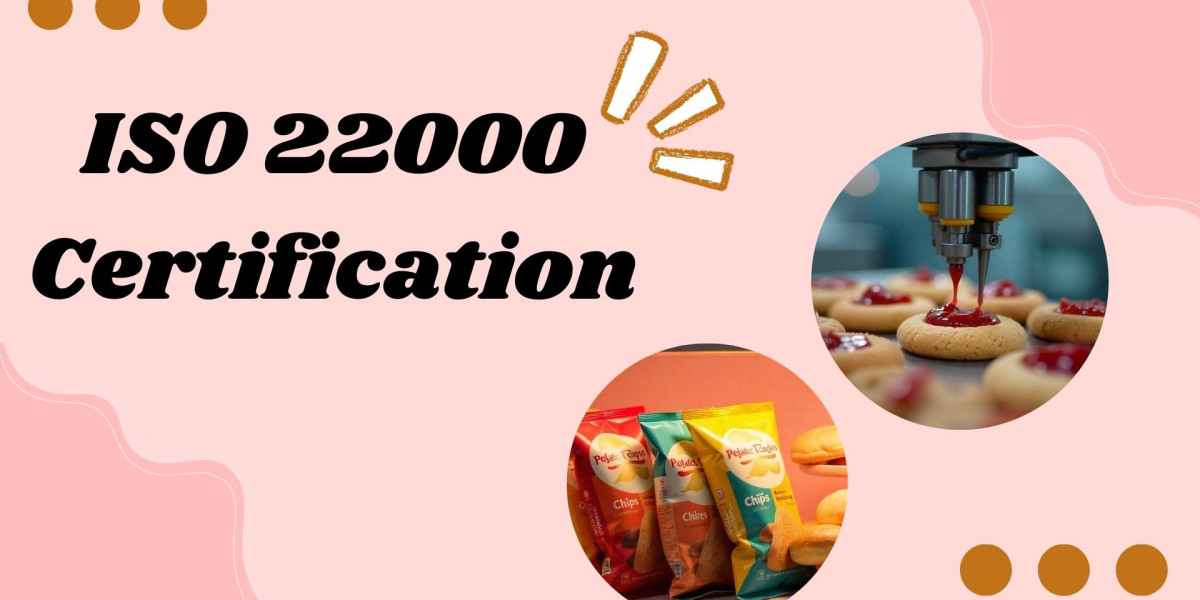Introduction
Food safety is a global concern, and businesses involved in the food supply chain must ensure that their products meet high safety standards. ISO 22000 is an internationally recognized standard that sets the framework for food safety management systems (FSMS). It helps organizations identify and control food safety hazards while ensuring compliance with regulatory requirements. Achieving ISO 22000 certification enhances credibility, improves processes, and builds consumer confidence.
Understanding ISO 22000 and Its Importance
ISO 22000 provides a structured approach to food safety management, combining Hazard Analysis and Critical Control Points (HACCP) principles with a strong focus on risk management and continuous improvement. Certification is crucial for food manufacturers, processors, distributors, and packaging companies, as it ensures that their operations align with global food safety standards. Without proper implementation, businesses risk contamination issues, legal penalties, and loss of consumer trust.
Key Requirements of ISO 22000
To obtain certification, organizations must meet several key requirements, including establishing a food safety policy, conducting hazard analysis, implementing prerequisite programs (PRPs), and developing an effective traceability system. Additionally, businesses must ensure proper documentation, monitor critical control points (CCPs), and establish procedures for handling food safety incidents. Continuous evaluation and improvement are also essential for maintaining compliance.
Benefits of ISO 22000 Certification
ISO 22000 certification offers numerous advantages, including improved food safety, enhanced regulatory compliance, and better risk management. Certified businesses can expand into international markets, as many retailers and food service providers require ISO 22000-compliant suppliers. Additionally, the certification improves operational efficiency, reduces waste, and fosters a culture of food safety awareness among employees.
Steps to Achieve ISO 22000 Certification
The certification process begins with a gap analysis to assess the organization's current food safety practices against ISO 22000 requirements. Next, businesses must develop and implement a compliant FSMS, ensuring proper training for employees. Internal audits are conducted to identify areas for improvement before undergoing an external certification audit by an accredited body. Once certified, organizations must maintain compliance through regular monitoring and periodic recertification audits.
Choosing the Right Certification Body
Selecting a reputable certification body is essential for a smooth and credible certification process. Organizations should choose an accredited body recognized by international accreditation forums. Certification bodies with industry experience can provide valuable insights and support businesses in effectively meeting ISO 22000 requirements.
Conclusion
ISO 22000 certification is a vital step for businesses in the food industry to ensure food safety, regulatory compliance, and consumer confidence. By implementing a robust food safety management system, organizations can minimize risks, improve efficiency, and gain a competitive edge in the global market. Investing in certification not only protects consumers but also strengthens the long-term success of a food business.








